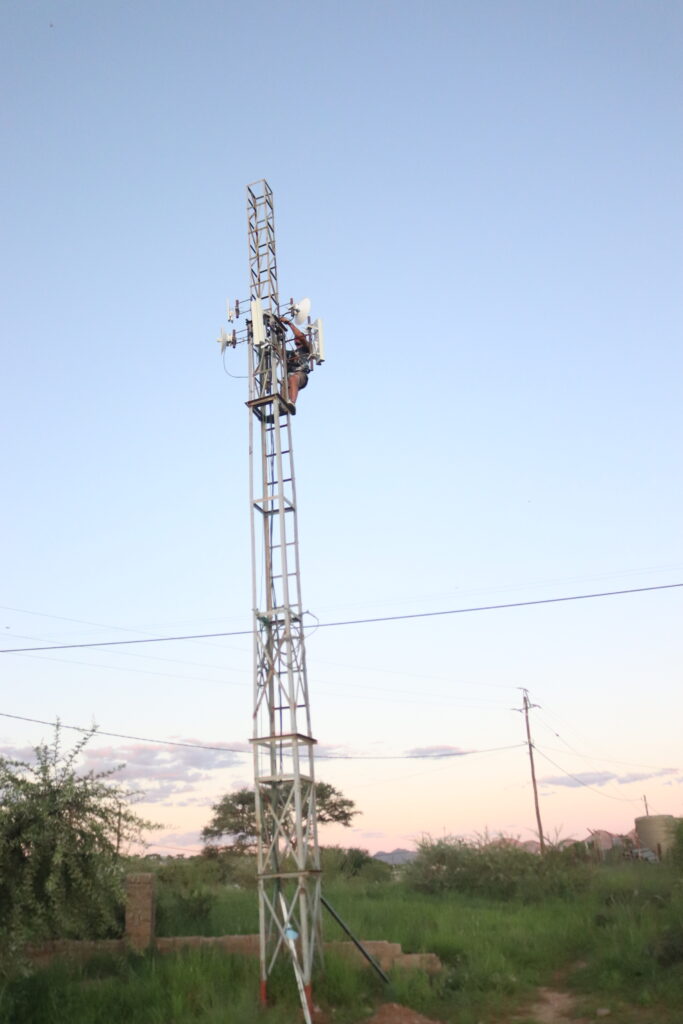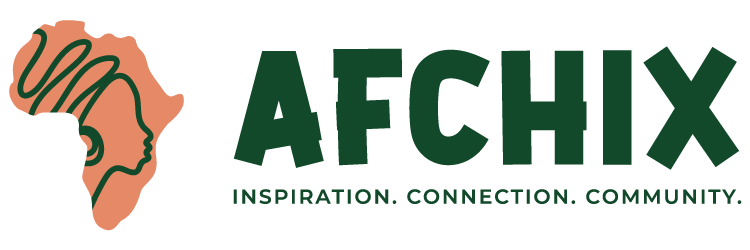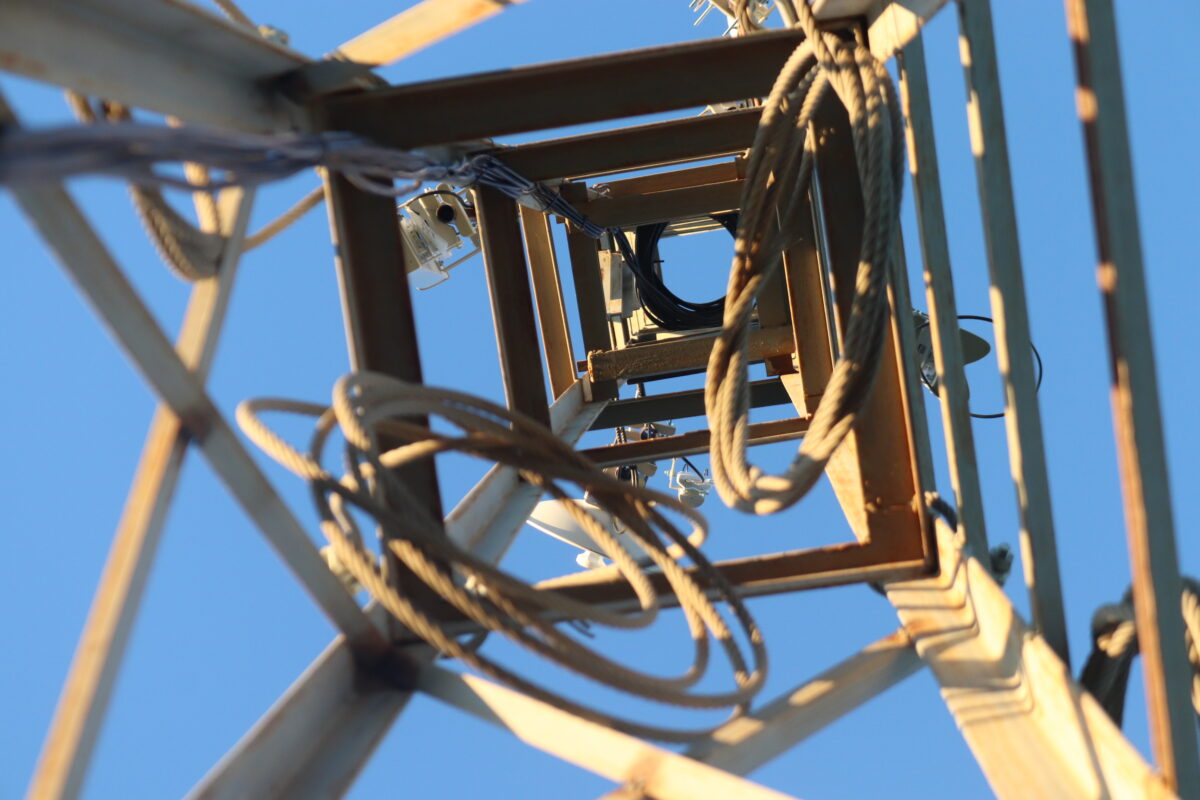From the field: Bringing connectivity to Groot Aub
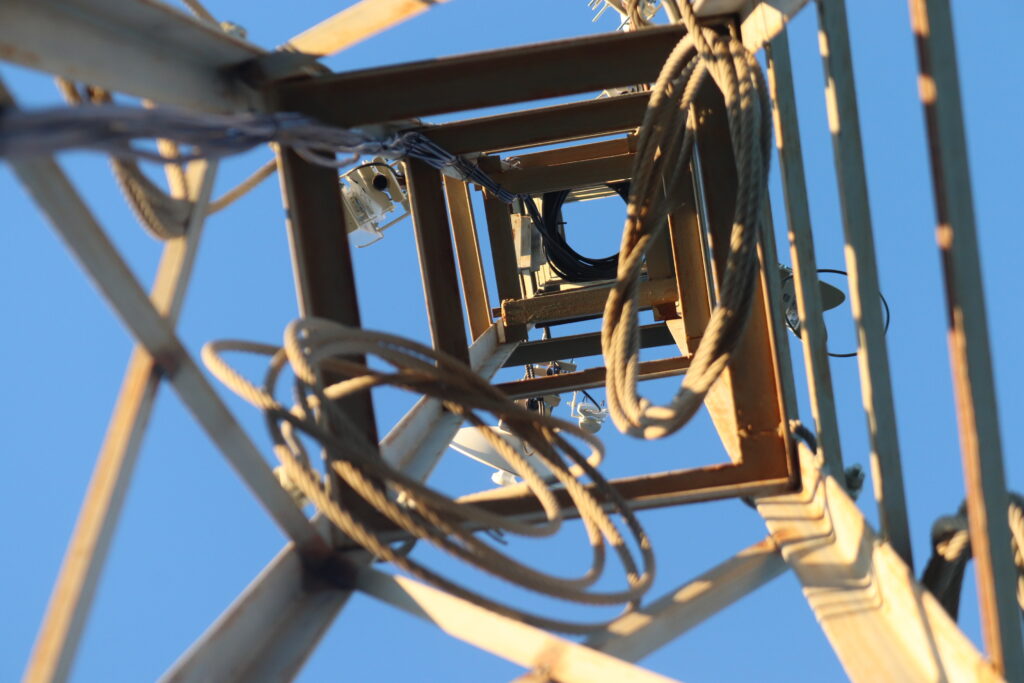
“I wouldn’t really call us a town,” says Ghillian Bock, AFCHIX Project Coordinator, about the small Namibian community of Groot Aub. Located about 50 km from the country’s capital Windhoek, Groot Aub is home to about 14,000 people. Its remote, rural location means that jobs are scarce here, keeping household incomes low.
While Africa has experienced a boom in internet connectivity in recent decades, communities like Groot Aub have often been left behind. Commercial internet service providers do not always find it viable to enter remote areas and when they do, the cost of data and devices means that some community members remain excluded. And the persistent digital gender divide means that those excluded are most likely to be women. In Groot Aub, AFCHIX is helping to close this gap.
When Wi-fi hotspots became available at the local school and council building in Groot Aub, teenagers would stay close to the building to use it – even at night. “The kids would stay out in the street after dark just to use the internet, which is not safe in our community, especially for girls. So, one of the things we wanted to achieve with a community network was to also bring safe internet access to the community that they can use in their homes.”
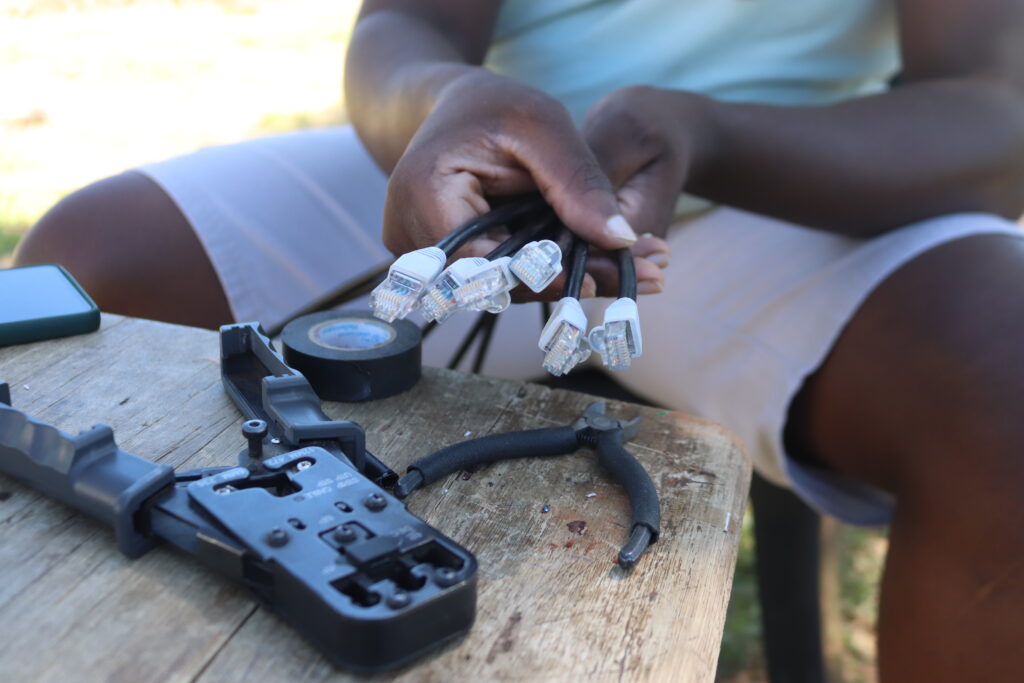
In a community where incomes are low and local job opportunities are almost non-existent, cost matters a great deal. “Most of our customers are students in school, who pay a fee per day to access the internet,” Ghillian explains.
The Groot Aub Community Network started with a single network node when a fourth-year university student looked for a way to connect his community to the internet. Today it has grown into a community network consisting of five network towers able to reach 500 households.
The community network received a critical boost in 2018 thanks to funding from Internet Society’s Community Network Development Assistance Programme Africa. It was also chosen as one of the sites for AFCHIX’s community network project as part of the WomenConnect Challenge, funded by the United States Agency for International Development (USAID).
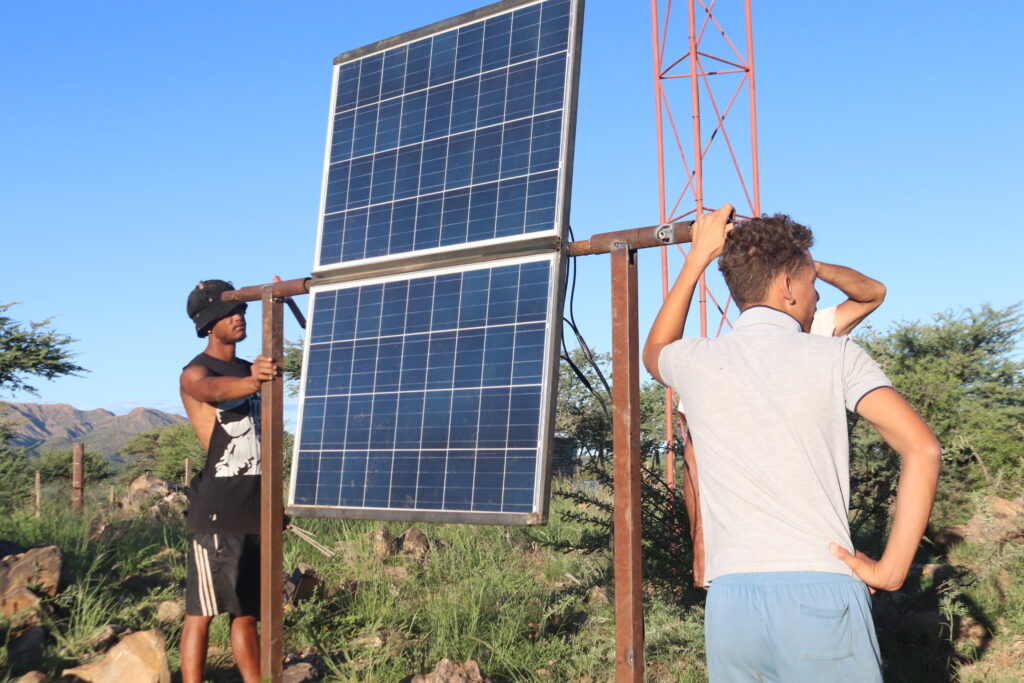
Earlier this year, the network could take another significant step forward thanks to the deployment of new equipment as part of the second phase of the project. The network added a fifth mast and now boasts five network towers powered by solar panels. It has an uplink of 6 Mbps but plans are underway to upgrade the capacity to 50 Mbps. The upgrades mean that the network can serve both fixed wireless clients and more public Wi-Fi users.
The digital literacy training AFCHIX offers community members as part of the project is also helping to empower local women. Ghillian says the prospect of becoming more employable if they are computer literate is a big drawcard for young people taking part in the training. The training includes teaching participants how to use email and the basics of using Microsoft Word and PowerPoint. They learn how to create a Curriculum Vitae to help them when job hunting.
“Young people today are using smartphones, so they catch on to the training quickly. But they need something a little more formal than just using a phone to help them when looking for jobs. This is crucial empowerment for women in our community as there is nowhere you can go today where you don’t need to use technology.”
